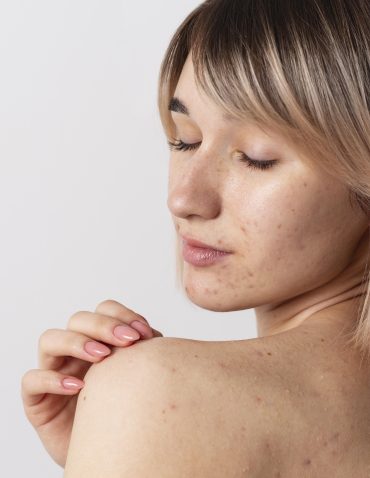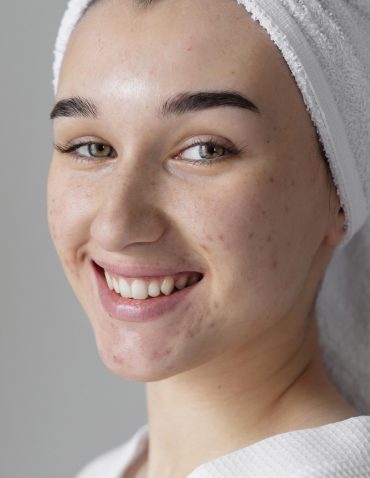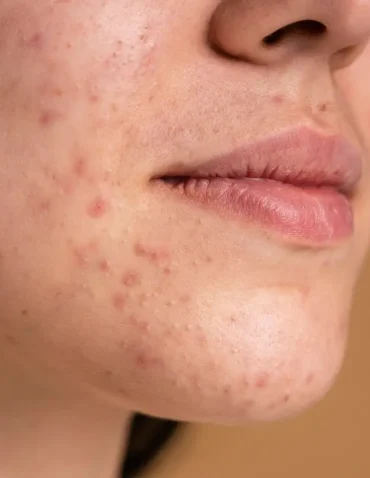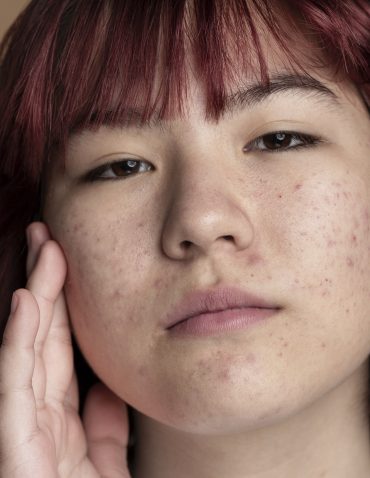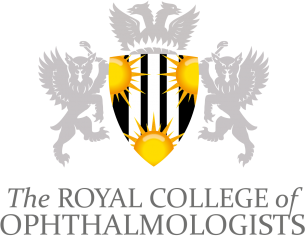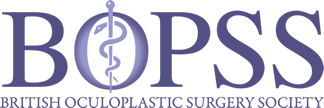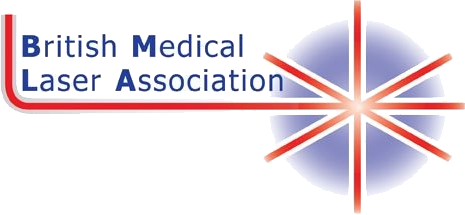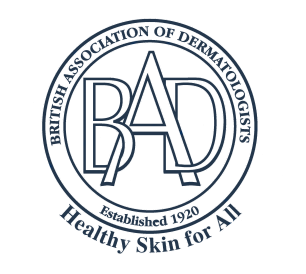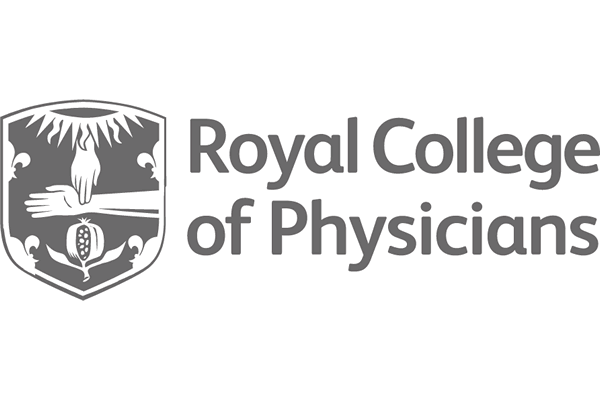Tired of acne scars affecting your skin’s natural beauty? At The London Scar Clinic, we understand the distress and discomfort that acne scarring can cause. Thankfully, advancements in laser technology offer a promising solution for those seeking to reclaim their complexion whilst improving confidence and well-being.
Acne scars are often the unwelcome aftermath of severe acne, leaving behind indentations and raised patches that can persist long after the initial breakouts have healed. The popularity of laser treatments for acne scar removal stems from their ability to effectively target and diminish these scars, promoting smoother skin and boosting confidence.
This comprehensive guide will explore how laser acne scar removal can transform your skin, discuss the various types of lasers employed, and provide essential information to help you decide if this treatment is right for you.
Ready to explore the transformative effects of laser treatments at The London Scar Clinic? Read on to discover everything you need about this advanced cosmetic procedure.
How Laser Treatments Work
Laser acne scar removal utilises the latest technology to reduce the appearance of scars by targeting the skin’s deeper layers. This process encourages collagen production and promotes the regeneration of healthy skin cells. Essentially, lasers deliver concentrated light energy to the scar tissue, breaking down scar tissue and stimulating the natural healing process.
How Laser Technology Targets Scar Tissue?
The specificity of laser treatment allows for precision in targeting scarred areas without affecting the surrounding skin. There are primarily two types of lasers used in treating acne scars:
- Ablative Lasers: These lasers, like the Lumenis UltraPulse® CO2 laser, remove the outer layers of the skin, vaporising scar tissue and stimulating deeper skin layers to tighten and form new collagen. Ablative laser treatment is particularly effective for more pronounced scars, and it significantly improves the skin’s texture.
- Non-Ablative Lasers: Unlike ablative lasers, non-ablative lasers like the Lumenis M22™ ResurFX laser, do not remove skin layers. Instead, they heat the underlying skin tissue without harming the surface. This method is less invasive and requires minimal downtime, making it suitable for patients with active lifestyles.
Benefits of Laser Acne Scar Removal
Effectiveness
Laser treatments for acne scars are highly effective, offering significant improvements that are often visible after just a few sessions. When compared with other scar treatments like microneedling or chemical peels, lasers can more precisely target deeper layers of skin and stimulate more substantial collagen remodelling. This results in smoother skin and a more even skin tone, effectively reducing the visibility of scars.
Patients usually notice a reduction in the severity of atrophic scars, including rolling and boxcar scars, which are some of the hardest to treat with other methods. For hypertrophic scars, laser therapy can reduce thickness and redness, enhancing the skin’s overall appearance.
Minimal Downtime
One key advantage of non-ablative and fractional laser treatments is their minimal downtime. Patients can often return to their daily activities immediately after the session, making it a convenient option for those with busy schedules. While ablative laser treatments require more recovery time, the downtime is significantly less than traditional skin resurfacing methods such as dermabrasion or deep chemical peels.
Long-Lasting Results
Laser acne scar treatment results are long-lasting, particularly when patients adhere to post-treatment care guidelines. New collagen formation can continue for months after treatment, progressively improving the skin’s appearance. Factors such as skin type, scar depth, and age can influence the longevity of the results, but with proper skin care and avoidance of sun exposure, they can be maintained for years.
Preparing for Treatment
Preparation is key to maximising the effectiveness of your laser treatment. Prior to your session, you may be advised to follow a specific skincare routine, which might include avoiding sun exposure and refraining from certain skincare products that might increase your skin’s sensitivity. Additionally, it’s important to avoid medications and supplements that can increase bleeding, such as aspirin, for a couple of weeks before the treatment.
During the Procedure
On the day of the procedure, the treated area will be thoroughly cleaned, and a topical anaesthetic may be applied to minimise discomfort. The specific steps of the laser session vary depending on the type of laser used:
- For ablative laser treatments, the laser device is passed over the affected areas, precisely removing the outer layers of skin and heating the underlying layers to induce collagen production. This approach is beneficial for treating deeper scars such as deep ice pick scars and boxcar scars, effectively promoting the skin healing process through laser resurfacing.
- With non-ablative acne treatments, the laser heats up the skin tissue without removing any layers, promoting collagen development and skin rejuvenation with less downtime. Non-ablative laser treatments are suitable for treating acne scars without the extensive recovery associated with ablative methods, helping to treat acne scars with minimal disruption.
Throughout the procedure, every effort is made to ensure your comfort. Depending on the extent of the treated area, the length of the session can vary, typically lasting between 30 minutes and an hour.
Conclusion
As we conclude this guide, keep in mind that acne scars don’t have to be a permanent reminder of your past skin concerns. At The London Scar Clinic, we are equipped with the latest laser technologies, specifically designed to reduce or even completely eliminate acne scars. Our tailored treatments are effective for various types of scarring, from subtle surface irregularities to more pronounced depressions and raised scars.
Supported by a team of dedicated consultants and allied health professionals, The London Scar Clinic offers personalised care from your first consultation to your post-treatment care. Each treatment plan is crafted to address your unique skin needs, maximising the effectiveness of the treatment while ensuring your comfort and safety.
To discover how our specialised laser treatments can help transform your skin, we invite you to book a consultation.
Let us help you overcome your acne scarring and move towards a clearer, more confident future.


